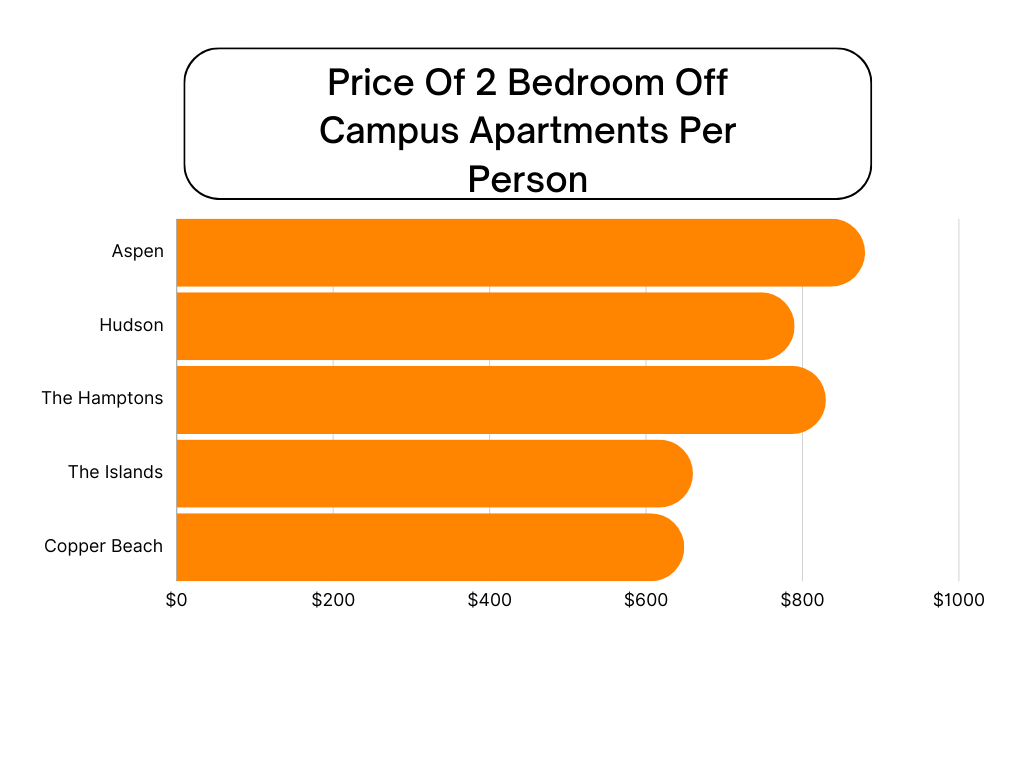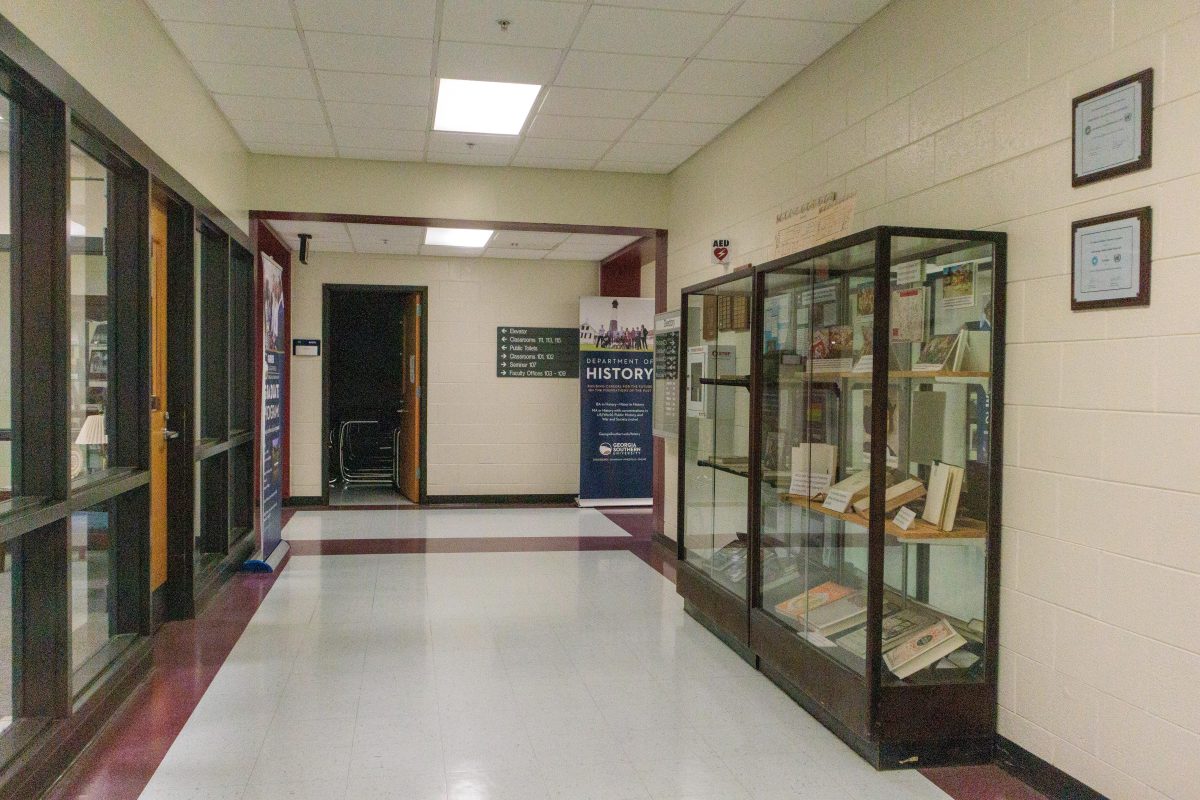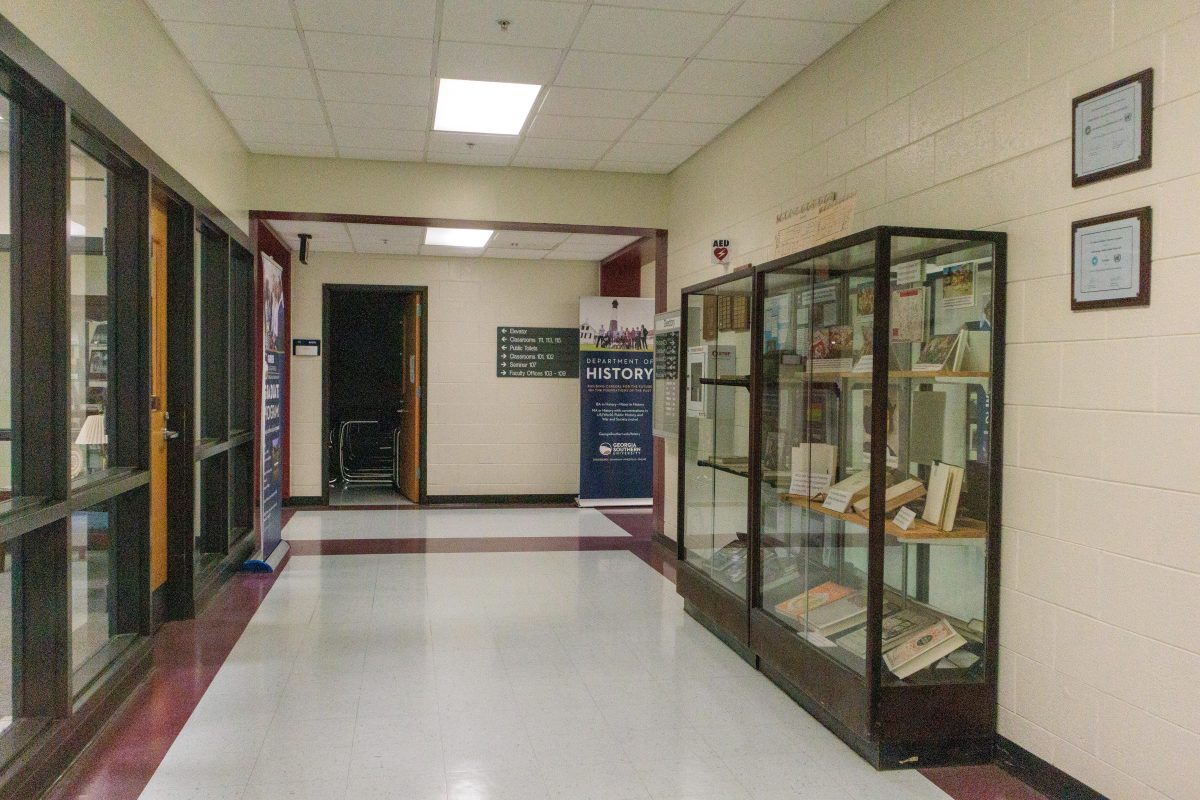Gena Cohen
As election day draws closer it is important to remember to vote because your vote will help decide who will become the president of the United States.
After countless hours of convincing myself that my vote wouldn’t count and that I wasn’t going to vote, I have decided to vote. The deciding factor is, thanks to Google, that my vote will count; plus, I’d rather not have Trump build a wall or do anything else for this country. Even though both candidates are not my first pick I believe it is important to vote so that the best candidate for President can win, which I don’t think is Hilary either. I would rather not get stuck with a “wall” being built to keep immigrants out, because a wall wouldn’t keep anyone out, people would find a way.
Don’t think that when I mentioned the word, “help” earlier (and will mention again) means that your vote doesn’t actually count because it does. How does your vote count? Well, if you do vote you are pressuring your governor into choosing what elector will represent your state at the meeting of electors. These electors make up the electoral college who will go on to elect the President of the United States, and stop Trump’s shenanigans.
When I was in middle school I remember that I thought the electoral college was a group of old people who got together and made the decision for the President of the United States. Well, according to archives.gov the electoral college is actually made up of 538 electors and only 270 electoral votes are required to elect the president! This means that the elector(s) in your state are representing the whole entire state. For example, one vote would equal 100,000 votes!
Don’t let my ranting and these facts get you discouraged. Even though the electoral college makes the decision for who will become president you still help in the deciding factor. According to archives.gov, when you go to vote you are technically voting for an elector who will represent your state in the meeting of electors that your governor chooses. After the election, your governor will then fill out a “Certificate of Ascertainment” which has all the names of the presidential candidates. It also shows the winning candidate for your state, their electors and the elector that will represent your state at the meeting of electors in December.
This certificate will then be taken into account at the meeting of electors. Now, this isn’t an actual meeting where the electors get together in a large conference room. Rather it is a voting process where the electors meet in their own states to cast their vote for the President and Vice President. According to archives.gov these votes are recorded onto a “Certificate of Vote and sent to the Congress”, which is a list of all of the electoral votes. The Congress will then meet on January 6th and tally all of the electoral votes. This will determine who will become the President of the United States. After the decision is made the President takes the oath and is sworn in.
Still don’t think your vote counts?












s e (@oldgulph) • Oct 6, 2016 at 6:47 pm
A survey of Georgia voters showed 74% overall support for the idea that the President should be the candidate who receives the most popular votes in all 50 states.
By political affiliation, support for a national popular vote for President was 75% among Republicans, 78% among Democrats, and 67% among others.
By gender, support was 80% among women and 68% among men.
By age, support was 68% among 18-29 year olds, 77% among 30-45 year olds, 74% among 46-65 year olds, and 76% for those older than 65.
By 2020, the National Popular Vote bill could guarantee the presidency to the candidate who receives the most popular votes in the country, by changing state winner-take-all laws (not mentioned in the U.S. Constitution, but later enacted by 48 states), without changing anything in the Constitution, using the built-in method that the Constitution provides for states to make changes.
Every vote, everywhere, for every candidate, would be politically relevant and equal in every presidential election.
No more distorting and divisive red and blue state maps of pre-determined outcomes.
No more handful of ‘battleground’ states (where the two major political parties happen to have similar levels of support among voters) where voters and policies are more important than those of the voters in 38+ predictable states that have just been ‘spectators’ and ignored after the conventions.
The bill would take effect when enacted by states with a majority of the electoral votes—270 of 538.
All of the presidential electors from the enacting states will be supporters of the presidential candidate receiving the most popular votes in all 50 states (and DC)—thereby guaranteeing that candidate with an Electoral College majority.
The bill was approved this year by a unanimous bipartisan House committee vote in both Georgia (16 electoral votes) and Missouri (10).
The bill has passed 34 state legislative chambers in 23 rural, small, medium, large, Democratic, Republican and purple states with 261 electoral votes, including one house in Arizona (11), Arkansas (6), Maine (4), Michigan (16), Nevada (6), New Mexico (5), North Carolina (15), and Oklahoma (7), and both houses in Colorado (9).
The bill has been enacted by 11 small, medium, and large jurisdictions with 165 electoral votes – 61% of the 270 necessary to go into effect.
NationalPopularVote
s e (@oldgulph) • Oct 6, 2016 at 2:04 pm
A survey of Georgia voters showed 74% overall support for the idea that the President should be the candidate who receives the most popular votes in all 50 states.
By 2020, the National Popular Vote bill could guarantee the presidency to the candidate who receives the most popular votes in the country, by changing state winner-take-all laws (not mentioned in the U.S. Constitution, but later enacted by 48 states), without changing anything in the Constitution, using the built-in method that the Constitution provides for states to make changes.
Every vote, everywhere, for every candidate, would be politically relevant and equal in every presidential election.
No more distorting and divisive red and blue state maps of pre-determined outcomes.
No more handful of ‘battleground’ states (where the two major political parties happen to have similar levels of support among voters) where voters and policies are more important than those of the voters in 38+ predictable states that have just been ‘spectators’ and ignored after the conventions.
The bill would take effect when enacted by states with a majority of the electoral votes—270 of 538.
All of the presidential electors from the enacting states will be supporters of the presidential candidate receiving the most popular votes in all 50 states (and DC)—thereby guaranteeing that candidate with an Electoral College majority.
The bill was approved this year by a unanimous bipartisan House committee vote in both Georgia (16 electoral votes) and Missouri (10).
The bill has passed 34 state legislative chambers in 23 rural, small, medium, large, red, blue, and purple states with 261 electoral votes.
The bill has been enacted by 11 small, medium, and large jurisdictions with 165 electoral votes – 61% of the 270 necessary to go into effect.
NationalPopularVote
s e (@oldgulph) • Oct 6, 2016 at 2:02 pm
When we vote, we are Not pressuring our governor into choosing what elector will represent our state at the meeting of electors. We are voting for the slate of electors who support our candidate.
Now 48 states, like Georgia, have winner-take-all state laws for awarding electoral votes, 2 have district winner laws. Neither method is mentioned in the U.S. Constitution.
The electors are and will be dedicated party activist supporters of the winning party’s candidate who meet briefly in mid-December to cast their totally predictable rubberstamped votes in accordance with their pre-announced pledges.
There have been 22,991 electoral votes cast since presidential elections became competitive (in 1796), and only 17 have been cast in a deviant way, for someone other than the candidate nominated by the elector’s own political party (one clear faithless elector, 15 grand-standing votes, and one accidental vote). 1796 remains the only instance when the elector might have thought, at the time he voted, that his vote might affect the national outcome.
States have enacted and can enact laws that guarantee the votes of their presidential electors
The U.S. Supreme Court has upheld state laws guaranteeing faithful voting by presidential electors (because the states have plenary power over presidential electors).